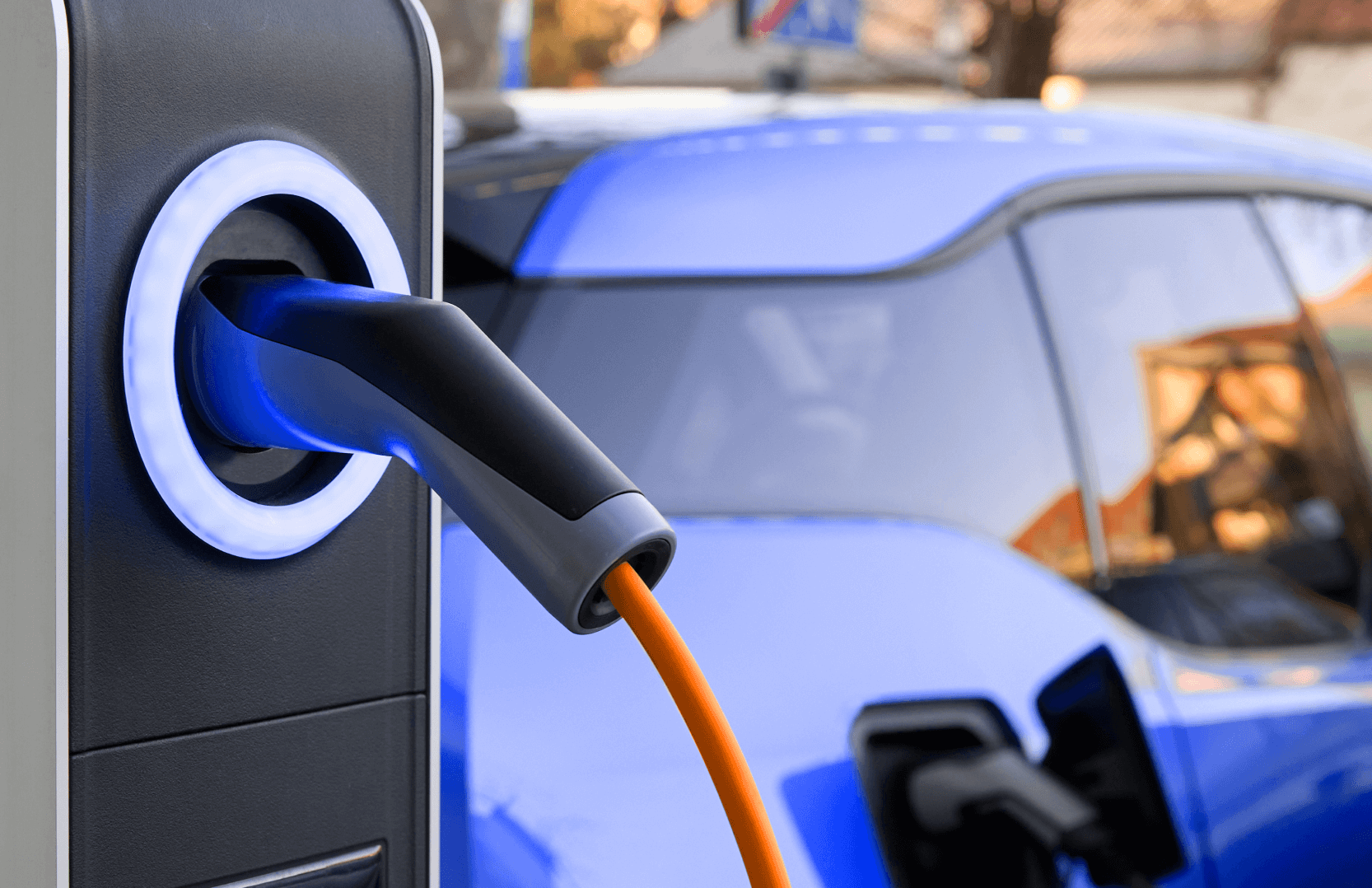Over the last few years, there’s been a noticeable shift on the roads in terms of the types of cars we’re seeing; you’ll have likely noticed a rise in electric cars, which may have been driven by new government regulations set to hit the UK in 2030 banning the sale of new petrol and diesel cars. We have put this guide together to give you a better understanding of these vehicles.







